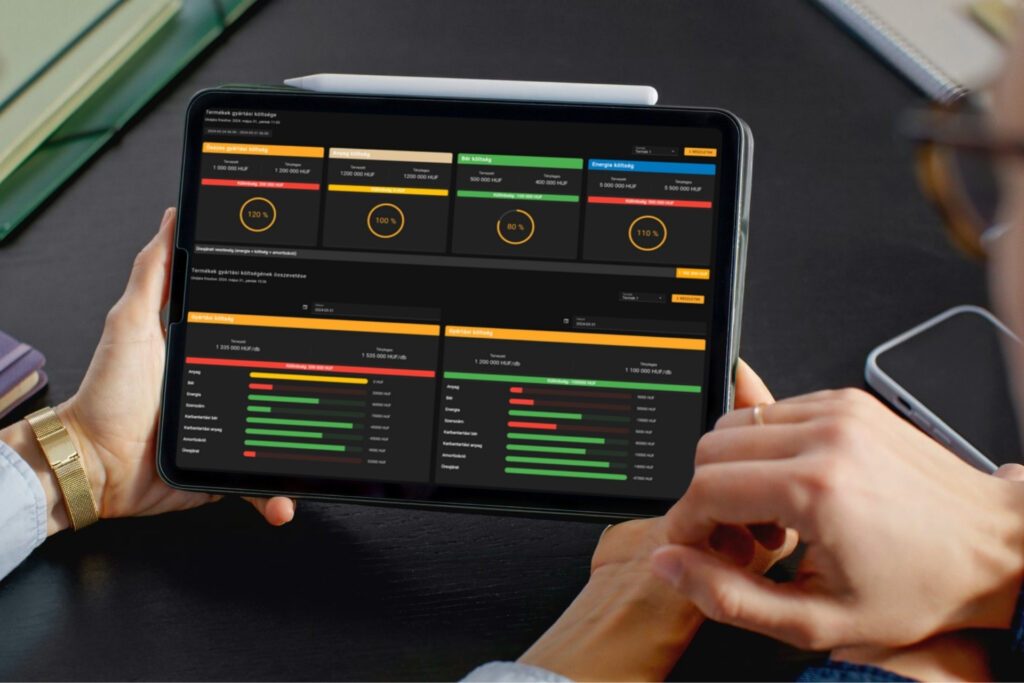Sustainability is a global issue. Sustainability challenges, such as climate change, resource depletion and social inequalities, are global challenges that all businesses need to take into account in their activities. Investors and banks are increasingly taking into account how companies address these challenges. In order to assess different companies on the basis of environmental, social and governance factors, the EU has adopted a directive (Corporate Sustainability Reporting Directive), which regulates and defines standards and guidelines for ESG (Environmental, Social, Governance) aspects.
The aim of ESG is to enable capital market participants to objectively assess the activities of economic entities (firms, companies, countries) from a sustainability perspective.
As a result, a longer-term and ethical profit maximisation approach can prevail instead of a short-term profit maximisation approach. Companies will demonstrate their commitment to sustainability through annual reporting, which will help to provide stakeholders with transparent and comparable information on companies’ ESG performance.

Which companies are affected by the ESG obligation?
The scope of the Directive covers large EU companies with an average number of employees of more than 500 in a given financial year (2025 from 2026) and any two of the following three indicators above the thresholds:
- a balance sheet total of EUR 20 million, or
- a net turnover of EUR 40 million, or
- average number of employees during the financial year is 250.
When do companies become subject to the obligation?
Small and medium sized enterprises that are considered to be public interest entities will have to report their sustainability performance for the first time in 2027 for the 2026 data.
The aim of the report is for companies to publish information to the public on emerging sustainability risks, opportunities and impacts on people and the environment. It is important that the information reported is consistent with the EU’s sustainability ambitions.
Companies not covered by the CSRD are exempted from reporting, but sustainability data reporting is unavoidable for them.
Why is it important to collect and report ESG information?
Well, on one hand, companies subject to the obligation must report on their own suppliers. If suppliers cannot provide relevant data and underlying information, they risk losing partners. On the other hand, in the case of investments and loans, banks and investors will be obliged to take into account the sustainability commitment of companies. To back this up, companies can obtain an ESG rating from rating companies or banks, which they publish and investors, buyers and suppliers can use this rating to decide whether to partner with them.
More information about our ESG services:
- info@indeveyes.com
- +36 70 613 3842

